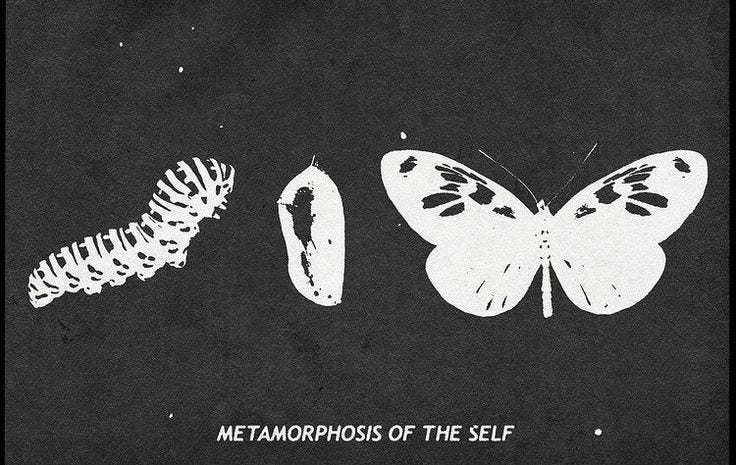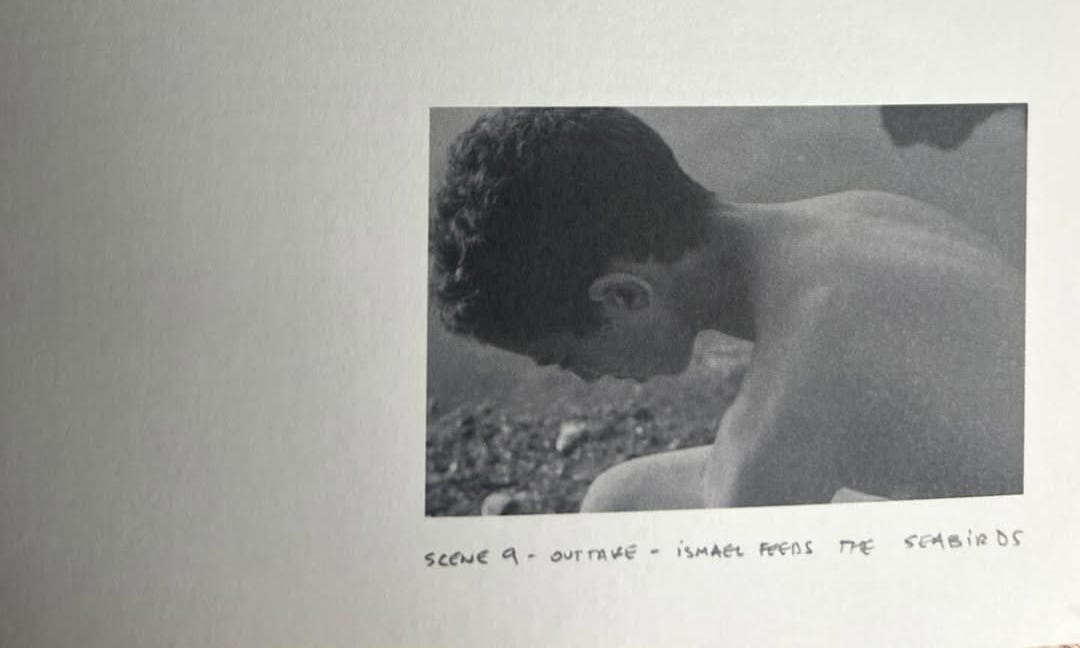CREATIVE WRITING: FIND YOUR VOICE
How your voice is shaped by memory, emotion, rhythm, and the courage to be seen
Paradoxically, as many writing mentors will tell you, finding your voice is less like discovering a new land and more like coming home.
You already have a voice. It’s shaped by who you are, where you come from, what you’ve read, loved, and lost. The work of the writer is to peel back the layers of fear, imitation, and expectation that often cover up that natural voice.
It’s not about inventing a persona. It’s about having the courage to channel the voice that’s been yours all along.
In psychological terms, one might say voice is linked to the authenticity of the self. When we write in a voice that truly feels like us, it’s inherently satisfying (and usually striking to the reader). When we try on voices that aren’t ours, it feels strained.
Early in her career, Joan Didion imitated Hemingway’s style. Copying his sentences to absorb his rhythm. This kind of imitation is a common and useful phase for young writers. We learn by echoing those we admire. But there comes a point when the training wheels come off.
Often, it’s when a writer stops trying to sound like literature and starts saying things in the exact way they need to say them. That moment can be scary (it’s vulnerable) but also liberating. It’s the moment a piece of writing suddenly comes to life.
One encouraging truth is that a writer’s voice can grow and deepen over time, as the writer grows. I tend to want to re-edit as I evolve, and that’s a phenomenon often seen. But as your voice becomes more distinct, you should be proud of where you come from too.
It’s not static or singular. We each contain a web of voices that are all facets of ourselves. As Walt Whitman famously wrote, “I am large, I contain multitudes”, and indeed, a writer might have multiple voices: humorous in one essay, melancholic in a poem, razor-sharp in a reported piece. All are true to the writer, just as we all have different modes in life (we don’t speak the same way to our child as to our boss or our diary, yet all reflect us).
There are many practical exercises offered to help find one’s voice. Free-writing without self-censoring, journaling daily to tap into the unfiltered self, reading one’s work aloud to hear where it sounds false or true, even recording yourself speaking about a topic and transcribing it to see your natural cadences.
Or “read a lot,” as Stephen King says, because by seeing what others do, you understand the spectrum of possibilities. But then, crucially, turn inward. What do you care about? What enrages you or makes you laugh? What childhood memory or secret observation do you carry?
As you write, don’t be afraid to let your roots onto the page. Odd analogies you think of, colloquial phrases from your region, the mix of high-brow and low-brow references that genuinely excite you. At first, you might worry that these tangents or flourishes are not true to all and therefore somehow wrong. But that’s exactly what will make your work stand out.
The key is honesty. Not factual honesty per se, but emotional honesty. Write what you truly feel or believe, not what you think one is supposed to say. That authenticity will automatically shape your voice. If you’re romantic at heart, don’t hide behind cold irony just to fit a trend. Trust that your perspective has value. It’s the only one of its kind.
In the end, cultivating your voice is more a process of removal than addition. Remove the fear, the disguises, the pressure to impress, until what’s left is you. You may be quieter or louder than you expected, but it will be true. And ironically, the more you you sound, the more your voice may resonate with others.
Readers cherish an authentic voice. It creates that magical feeling of connection across distances and even across time. Think of writers whose voices have survived centuries. Montaigne’s frank chatter, Jane Austen’s arch humor, Frederick Douglass’s righteous fury, Sappho’s yearning intimacy. Their contexts were different, but their humanity shines undimmed through their voices. They speak, we listen.
As a writer in 2025, you stand on the shoulders of all these voices. You inherit the freedom to speak that Renaissance authors fought for, the encouragement to develop a style that modernists cultivated, and now the responsibility to keep the human voice vibrant in an AI-assisted world. Your voice is not something to be manufactured for a market, nor something an algorithm can generate. It is the accumulated richness of your life and consciousness, waiting to be put into words. Cultivating it is a lifelong journey, but also a homecoming.
In a very real sense, to find your voice as a writer is to find yourself. And when you do, you may discover that your voice was there all along.







Loved the first line so much! Very insightful & inspiring post Thanks for sharing it ✨
This really resonated. Thank you for writing.